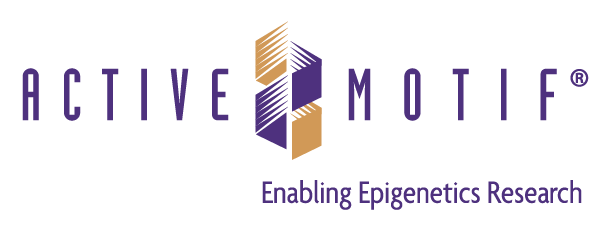Hep G2 nuclear extract (IL-6 stimulated, 100 ng/ml)
Hep-G2-nuclear-extract-IL-6-stimulated-100-ng-ml-AM36107
Synonyms
| Name | Format | Cat No. | Price | Delivery |
|---|
Contents
2 x 100 µg of Hep G2 nuclear extract (IL-6 stimulated, 100 ng/ml) at 2.5 µg/µl.
Background
Hep G2 nuclear extract (IL-6 stimulated, 100 ng/ml) was prepared from cell cultures of the human hepatocellular liver carcinoma Hep G2 cell line. These cells are epithelial in morphology and can be induced to exhibit polarization under appropriate culture conditions. Hep G2 cells are most commonly used for studies of hepatocyte function. Because of their ability to differentiate into polarized epithelium, these cells are routinely utilized to investigate intracellular protein trafficking, particularly in relation to human liver diseases. Hep G2 is the most commonly used cell line in studies pertaining to the regulation of hepatic protein synthesis, particularly the synthesis of acute phase proteins after the onset of a systemic inflammatory response. In addition, these cells are important for studies related to liver metabolism, liver cancers, liver regeneration, liver cytotoxicity, apoptosis and as a model for hepatitis B virus (HBV) viral etiology.
In response to injury, disease or infection, interleukin-6 (IL-6) is a cytokine that is rapidly and transiently expressed as a host defense mechanism. IL-6 has various biological activities, most of which are associated with acute phase immune and inflammatory responses. In the liver, IL-6 is major regulator of acute phase protein synthesis in response to inflammation. Studies have demonstrated that constitutive IL-6 has deleterious effects on the liver and may be involved in the onset of liver disease, pathogenesis and cancer.
Application Notes
Hep G2 nuclear extract (IL-6 stimulated, 100 ng/ml) is specifically recommended for studies associated with inflammation of the liver and related to 1) human liver diseases, cancers and drug therapies, 2) HBV etiology, 3) signaling pathways, and 4) apoptosis.
Extract Origin
Human Liver (hepatocellular carcinoma)
Extract Composition
Hep G2 nuclear extract (IL-6 stimulated, 100 ng/ml) is supplied in lysis buffer consisting of 20 mM Hepes pH 7.5, 400 mM NaCl, 20% glycerol, 0.1 mM EDTA, 10 mM NaF, 10 µM Na2MoO4, 1 mM NaVO3, 10mM PNPP, 10 mM b-glycerophosphate, 1 mM DTT and protease inhibitors. Cells were cultured in medium supplemented with 100 ng/ml IL-6 (interleukin 6) for 15 minutes at 37°C immediately prior to harvesting.
Quality Control
Each lot has been tested for STAT activation by using TransAM® STAT Family Kits.
